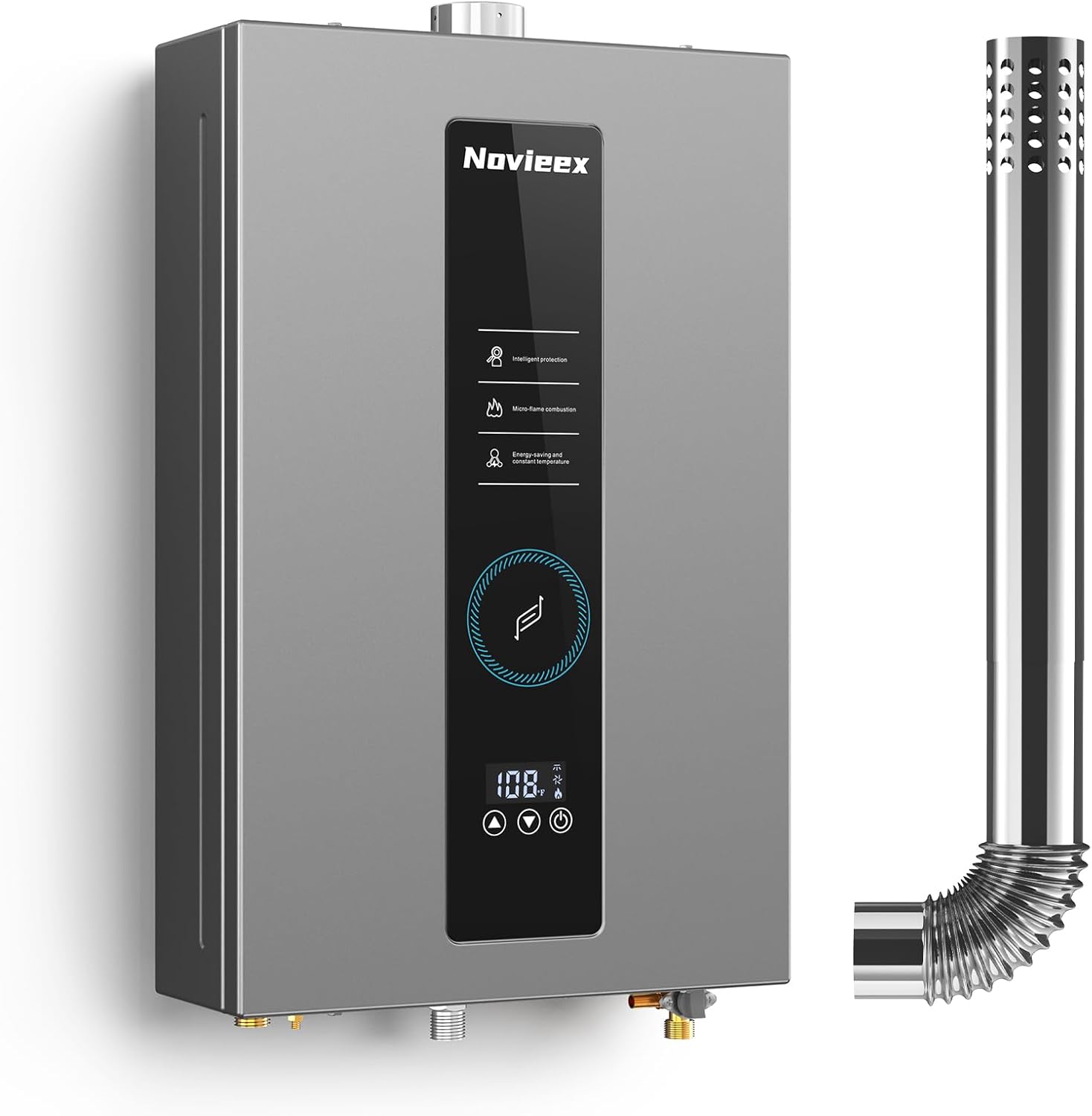Ensure proper ventilation, regularly inspect for leaks, keep flammable materials away, and follow manufacturer guidelines for safe operation of oil heaters.
Oil-filled radiators are popular for their energy efficiency and steady heat output, but improper use can lead to dangerous situations. Understanding proper safety measures ensures you stay warm without risking burns, fires, or carbon monoxide exposure.

Critical Safety Rules for Oil Heaters
1. Maintain Safe Clearance Distances
Keep heaters at least 3 feet (1 meter) from:
- Curtains, bedding, and upholstered furniture
- Paper products and cardboard boxes
- Clothing and towels
- Flammable liquids like gasoline or cleaning solvents
2. Proper Placement and Stability
Always place oil heaters:
- On hard, level surfaces – never on rugs or carpets
- Away from high-traffic areas where they might get knocked over
- In open areas – not in cramped corners or under desks
3. Electrical Safety Measures
Prevent electrical hazards by:
- Plugging directly into wall outlets (no extension cords)
- Ensuring proper voltage match for your home
- Checking for damaged cords or plugs before use

Special Considerations by Heater Type
Oil-Filled Radiators
While generally safer than propane heaters, oil-filled models still require caution:
- Surface temperatures can reach 300°F (150°C) – keep children/pets away
- Never attempt to refill or modify the oil reservoir
- Look for models with tip-over shutoff switches
Fan-Assisted Oil Heaters
Models with fans (like these) require extra precautions:
- Regularly clean intake vents to prevent dust buildup
- Never block airflow to the fan
- Be aware of higher surface temperatures near fan outlets
Fire Prevention Strategies
Daily Use Precautions
- Never leave heaters unattended while sleeping or away from home
- Install smoke detectors in every room with heaters
- Keep a fire extinguisher rated for electrical fires nearby
Maintenance Checks
Perform these checks regularly:
| Check | Frequency |
|---|---|
| Power cord condition | Before each use |
| Oil reservoir integrity | Monthly |
| Thermostat accuracy | Seasonally |
Special Risk Factors
Carbon Monoxide Concerns
While oil heaters don’t burn fuel, CPSC warns that any electrical malfunction could potentially produce CO. Install CO detectors and never use in completely sealed rooms.
Children and Pet Safety
Create physical barriers around heaters and teach children about the dangers. Consider models with cool-touch exteriors and automatic shutoff features.
Buying Safe Heaters
When purchasing, look for:
- UL or ETL certification marks
- Automatic overheat protection
- Tip-over switch
- Quality construction (avoid plastic housings near heating elements)
According to NFPA statistics, heating equipment causes 15% of home fires annually. Proper precautions can prevent most incidents.

